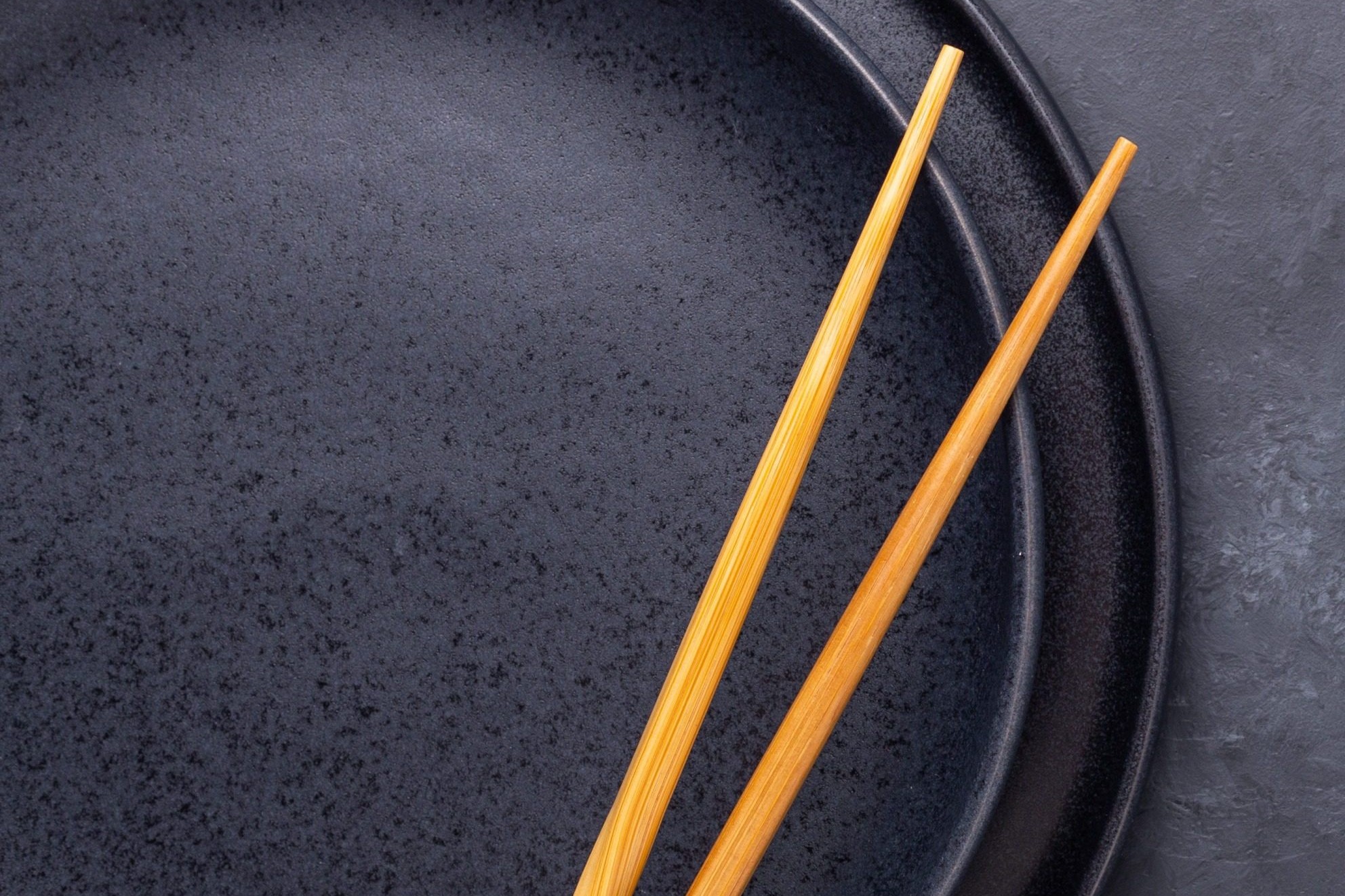Will consumers pay more?
Shanghai-based Kiwi trader Hunter McGregor challenges the assumption that Chinese consumers are willing to pay more for New Zealand grass-fed beef and lamb.

Shanghai-based Kiwi trader Hunter McGregor challenges the assumption that Chinese consumers are willing to pay more for New Zealand grass-fed beef and lamb.
The New Zealand Government keeps saying that our consumers around the world are looking for more environmentally friendly products and are willing to pay more for them. From a Chinese market perspective, are Chinese consumers willing to pay more for this?
The short answer is that I do not see any evidence right now that Chinese consumers are willing to pay extra for NZ products that are more environmentally friendly – unless we give them a good reason.
NZ Beef and Lamb in a May 2022 Red Meat report said:
“…the aspiration to buy New Zealand grass-fed beef and lamb remains strong amongst Chinese Conscious Foodies, with approximately 75% willing to pay a premium and choosing to purchase our product when they can.”
This sounds like the Government is right and that the Chinese Conscious Foodies are willing to pay a premium. But the challenge is that apparently, this is already happening in the Chinese market for NZ meat products. So the real question is, are they willing to pay even higher prices?
Many Chinese consumer studies say people in China do want to live more sustainably. According to a survey from PWC in 2021, 72% of Chinese respondents buy from companies that are conscious and supportive of protecting the environment.
This all sounds great, but as Chinese economic pessimism and inflation increases, the willingness to spend on sustainable brands decreases. In a study by financial advisory firm, Stifel Financial, in April, Chinese consumers place higher importance on sustainability than their United States and European counterparts. But this willingness doesn’t translate into paying more for green credentials.
Just 18% of Chinese consumers say they would pay over 10% more for green brands, compared to 26% of US consumers, 23% of Brits and 28% of Germans.
Where does this leave NZ products with the pending higher cost of production via the new Government rules?
I just don’t see how in the short term Chinese consumers (or even the Chinese Conscious Foodies) will be willing to pay significantly or slightly more for anything. Especially with higher than normal inflation and plenty of uncertainty in the Covid climate.
If we dig a bit deeper into the NZ Beef and Lamb’s research about the point of “75% are willing to pay a premium”. This sounds good but I have never seen NZ beef sold at a “premium” in China.
NZ grass-fed beef is usually sold at a discount compared to grain-fed beef, and there are no strong or high-profile NZ beef brands in China. I could give lots of examples in wholesale, restaurant and retail. So there are plenty of opportunities and upsides if any of these Chinese Conscious Foodies were to move to grass-fed beef.
NZ lamb is a different story. For example, NZ lamb racks usually retail in China anywhere from $NZ80 to $120/kg. This is premium pricing which means at least one cut is in line with NZ Beef + Lamb’s research.
It is great to see NZ lamb racks about this price point but how much more do you think Chinese consumers will be willing to pay? The important question is if NZ racks did move to $150/kg because of the consumer demand for low environmental impact meat, maybe that could happen! How much of this increase will be returned behind the farm gate? I think we all know the answer is very little.
The reality is changes the NZ Government are bringing in are most likely in the short term about maintaining market access, then consumer demand. Maintaining market access is a very fair and valid point, but it is not what the NZ Government is talking about.
Maybe over time, there might be a large enough segment of Chinese consumers who will care enough about the environmental impact of the products they consume. Potentially they might be prepared to pay extra for this. Maybe that is the key word.
The only products I am aware of that are trying to leverage their “environmental credentials” and are also sold at premiums are plant-based products, meat and milk. Their pricing is higher than the meat or milk they are trying to replicate. Apparently highly processed food made from plants is the future. But for some consumers of these products, their environmental impact, perceived or otherwise, is a big driver in their purchase decision.
There is a small market for these types of products and they claim to be good for the environment and healthy for you. I am not convinced they do either. On a positive note, there are plenty of NZ food products that do both of these points very well. The challenge is going to be that even with robust science to back up claims of both environmental and health benefits, will this command a larger premium on top of current pricing.
It is yet to be seen if this will happen. One thing is for sure. Chinese consumers will continue to change and some will demand improvements to the environmental impacts of the products they consume. Will they be prepared to pay for these changes? Your guess is as good as mine. I think if we give them enough good reasons, we might be in with a chance.




